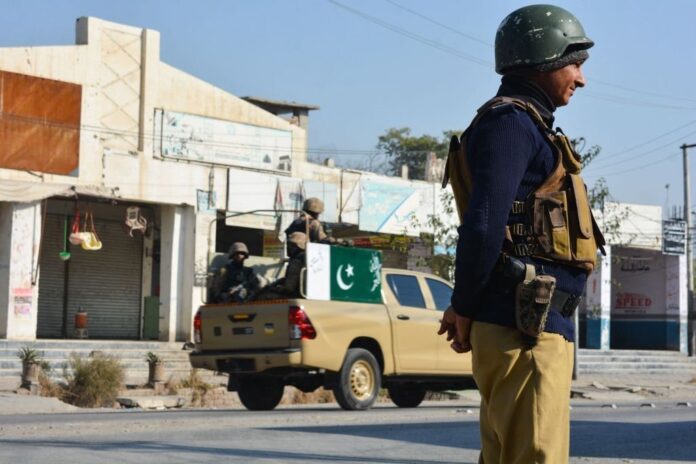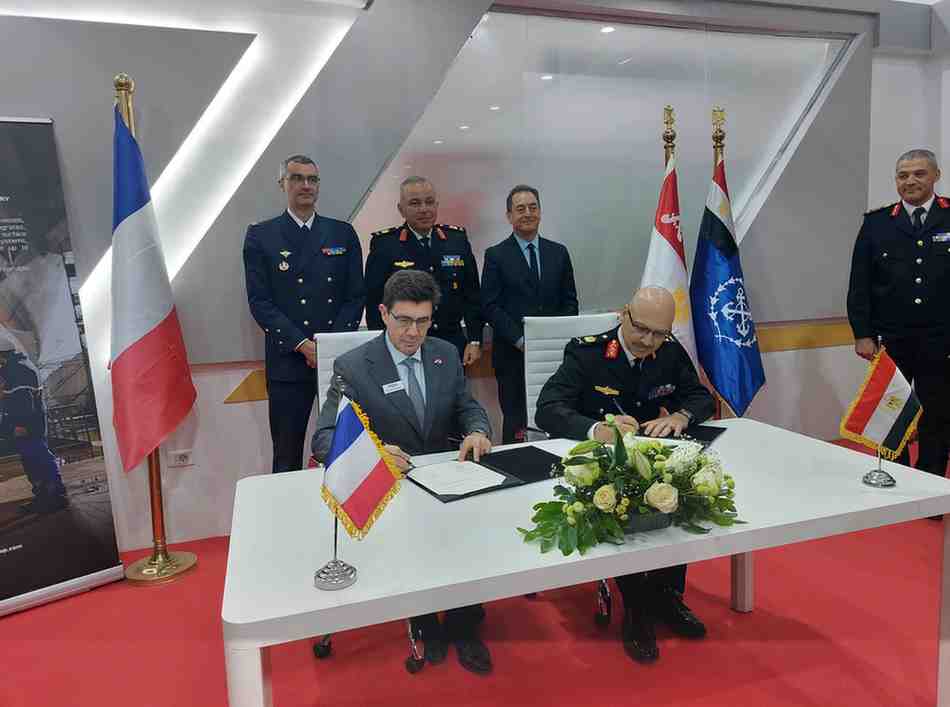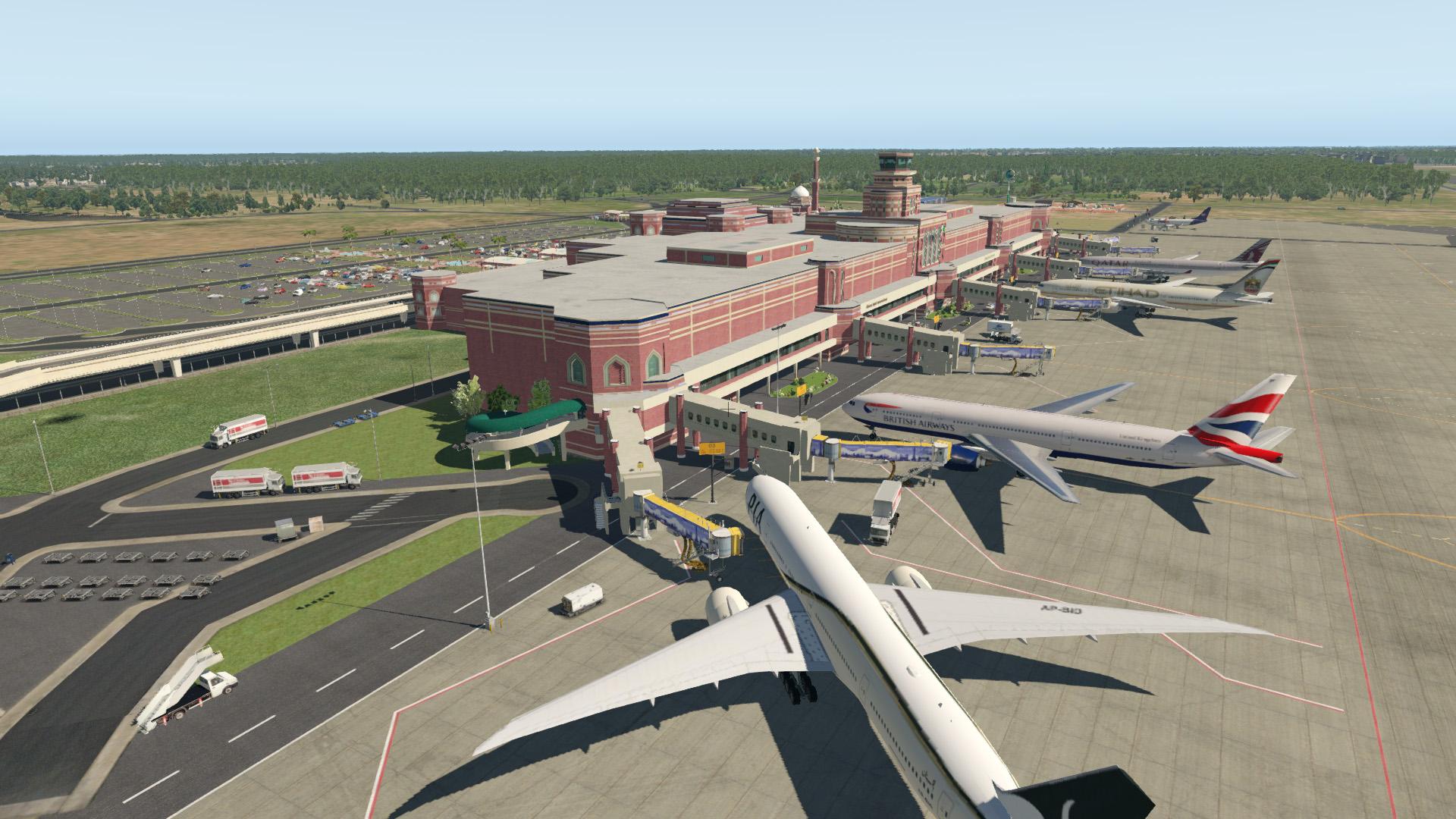Changing World Security Paradigm:
The world security paradigm indicates an approach to tackle the security challenges globally. It consists of plans, measures, strategies, and objectives that states and international organizations such as UN, NATO certify to take the security measures for the survival of the state.
There has been a shift in the security paradigm as with the evolution of time, from bipolar (USA, USSR) to Multipolar (USA, China, Russia). However, recently the paradigm has been shifted from conventional warfare to hybrid warfare involving traditional security as well as non-traditional security. There’s also a shift from geoeconomics to geostrategics.
As we move forward in the era of globalization and complex interdependence, globalization has been moved towards the notion of populism where they have brought cultural as well as economic changes. Great Power competition has been on top as there is a trade war between China and the USA, and the re-emergence of Russia.
Now, keeping in view Pakistan’s security paradigm it faces 4 dimensions of security threat.
Globally as I mentioned above how there has been a shift in security paradigm all across globally, the second dimension involves Regional Security implications.
Taking into account the contemporary developments in the Southeast Asian region for instance, Russia’s invasion of Ukraine, the trade war between China and the USA in addition to Saudi-Iran religious impacts These developments are having serious implications on Pakistan such as Russia- Ukraine war leaves impacts on food security of Pakistan and Saudi-Iran rivalry have extreme effects on sectarianism in Pakistan.
China is rising due to its projection in its strategic capabilities which threatens American interests, and projects such as CPEC, and BRI emerging as new hegemons by implementing soft power policies. India also has a pragmatic approach and pragmatic policies for their self-interests. In 2023, Indo-Pacific Strategy, the US allied with India and declared as a strategic partner it contains China and Central Asian resources becoming a connectivity hub facilitating the energy and trade transit between Europe and Asia.
Third aspect involves the neighboring issues which revolve around major big Kashmir issue. In addition to that there is also re-emergence of the TTP in Afghanistan leading to the spillover effects in Pakistan, which is a big major concern.
Lastly the Domestic level threat, includes immense and vast rise of extremism in terrorism which involves TTP 2.0 the extreme rise. India is working on their hybrid warfare building on their capabilities to counter the modern world threats and also strengthening their cyber domain. These difficulties have sweeping ramifications for Pakistan’s security and strength.
Pakistan’s evolving Security Challenges:
The ascent of the Afghan Taliban following the withdrawal of U.S. troops from Afghanistan has strengthened worries for Pakistan. With the permeable line and authentic ties with Afghan Pashtun gatherings, Pakistan has been wrestling with cross-line exercises, including illegal intimidation and medication dealing. The strengthening of the Taliban in Afghanistan can possibly encourage radical components inside Pakistan and worsen homegrown security challenges.
The mass movement of Afghan exiles into Pakistan is another major problem. Overseeing such an enormous convergence of evacuees is an impressive errand for Pakistan.
The Russia-Ukraine struggle represents its arrangement of difficulties for Pakistan. As the two states are significant energy suppliers for Pakistan, any disturbance in energy supplies from Russia or wheat supplies from Ukraine could have extreme ramifications for the country’s energy security and food security. Pakistan’s reliance on Russian oil and Ukrainian wheat makes it powerless against international pressures and production network interruptions.
The contention between the US and China further confuses Pakistan’s security dynamics. The continuous exchange battle between these superpowers can have gradually expanding influences on the worldwide economy, including Pakistan’s.
Pakistan winds up in a fragile position, looking for harmony between its well-established relationship with the US and its developing monetary ties with China. The China-Pakistan Financial Passageway is of key significance to the two nations, as it means to upgrade availability and monetary improvement in the locale.
Besides, improvements in the Indian Sea are likewise an issue of worry for Pakistan’s security. The sea space assumes a crucial part in the international affairs of the locale, and the presence of significant powers like China in Gwadar Port and the U.S. in the more extensive Indo-Pacific brings up issues about Pakistan’s job and situation.
Concerning Pakistan, the Copenhagen School assists with an understanding of how contemporary security threats are perceived and constructed by other actors and states in the region.
Analysis:
The analysis examines how the security worldview shapes Pakistan’s security challenges and policy responses. It considers the historical advancement of security from conventional to hybrid warfare, enveloping traditional and non-traditional threats. The investigation features worldwide turns of events, for example, the Russia-Ukraine struggle, the ascent of the Afghan Taliban, and the US-China contention, which influence Pakistan’s security image.
Pakistan’s fragile situation between the US and China requires a decent international strategy to protect its public advantages.
The system distinguishes key security challenges faced by Pakistan, including cross-line psychological oppression, mass movement of Afghan refugees, and weaknesses in energy and food security because of international constraints. The Indian Sea advancements and oceanic elements add to the complexity of Pakistan’s security concerns (MUSTAFA AHMED KHAN, 2022).
The Copenhagen School features how the ascent of the Afghan Taliban and radical components in Afghanistan impacts Pakistan’s essential reactions and counter-psychological warfare approaches(Akhter et al., 2017). It undermines the securitization cycles, and language, in forming Pakistan’s security discernments towards cross-line psychological oppression, mass movement, and its cooperation with the US, China, and India. Domestic security buildings influence Pakistan’s approaches concerning the Russia-Ukraine struggle and pressures between Saudi Arabia and Iran (Ali, 2020).
The examination stresses local participation, conciliatory endeavors, and foresighted arrangements as fundamental parts of countering security challenges. By taking on these suggestions and turning into a responsible stakeholder in the transient world, Pakistan can explore the developing security worldview effectively and safeguard its stability and interests on the worldwide stage.
Recommendations and Conclusions:
To certify security, stability, and sustainable development in a changing global landscape, Pakistan can originate an extensive framework to encounter Traditional and Non-traditional threats by implementing the way forward stated below:
- Misinformation and Cyber Influence:
Media literacy programs, wireless communication, digital signatures, GDPR.
- Counter-Terrorism and Extremism:
Preventing and Countering Violent Extremism Programs (PCVE), online radicalization, public awareness programs, action plans, collaboration with international stakeholders, and mental health strategies.
- To prevent Illegal Border Activities:
Minimize irregular movement, quality Stability, education, fostering regional cooperation (address terrorism, climate change).
- Socio-Economic Resilience:
Marginalized communities, quality education, health, infrastructure, inclusive policies, and opportunities.
- Strengthen the Institutions:
Eradicate private interest over public interest, introduce the Rule of Law in the country, promote peaceful societies, and enhance sustainable development.
- Strengthening Intelligence:
To develop ethical use of AI, policies like the development of the AI industry, measures to encounter AI impact on future work, and policies for international corporations like the development of AI standards, must be introduced.
- Diplomatic Relations:
-
- Afghan Refugee Influx: to have border controls and to encourage stable government in Afghanistan
- Regional Stability: Trade with Russia, Ukraine.
- US-China Balance: Maintain economic ties.
Conclusion:
In a nutshell, the Transient World Security Paradigm provides both challenges and opportunities in Pakistan. In addition to this, fostering Regional Corporation and diplomatic efforts will be crucial in decreasing the threats. Through collaborative efforts and foresighted policies, Pakistan can encounter these security challenges effectively and will be able to emerge as a responsible stakeholder in the transient world.

Abeera Iftikhar
Abeera Iftikhar is a graduate of International Relations from the National Defence University, Islamabad. She holds a solid academic background in political science, international relations research, current affairs, and diplomacy. Her expertise lies in analyzing the complex dynamics of modern conflicts especially in the region of South Asia and formulating effective policy recommendations for sustainable peace.
- This author does not have any more posts.













